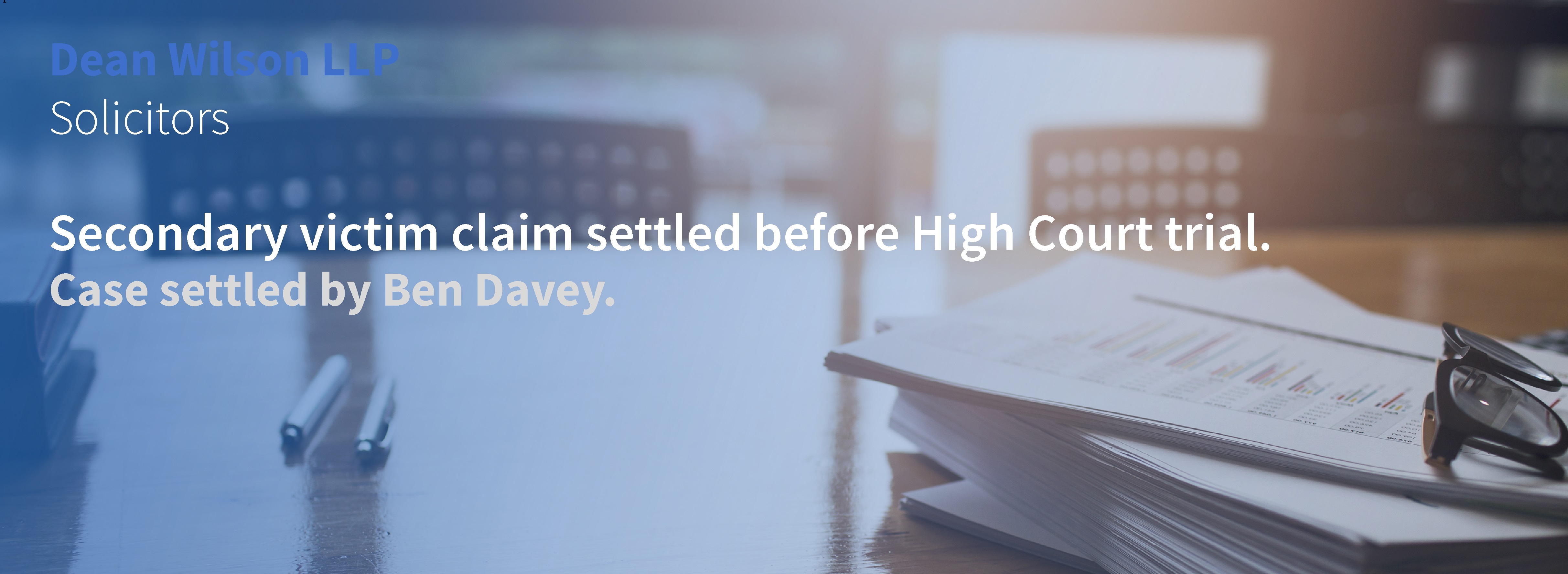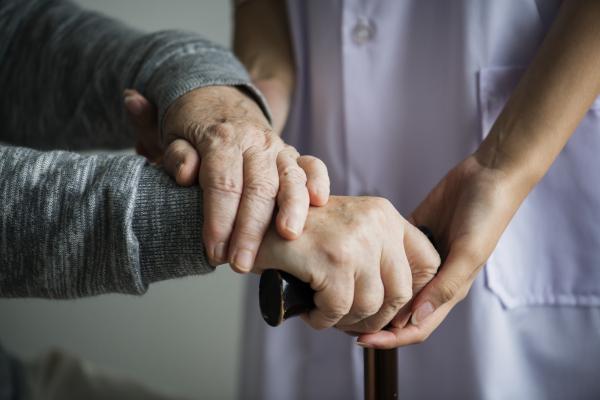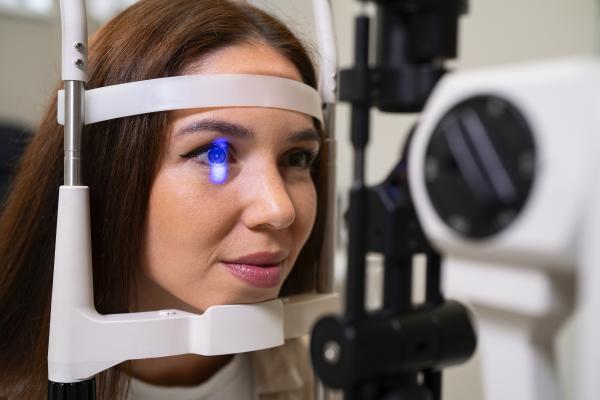News
Unique Claim Settled by Ben Davey Two Weeks Before High Court Trial

We have recently been acting for a client in an interesting ‘secondary victim’ claim, had it reached trial then it may have resulted in a change of the law. The Defendant insurer contested the claim until two weeks prior to trial when they made a very generous offer of settlement.
What is a secondary victim?
A secondary victim is a legal term used to refer to people who have suffered injury as a result of fearing for the safety of someone else (the primary victim). For instance, if a Mother sees a lorry careering out of control towards where her children are playing, and she suffers nervous shock or mental injury as a result, then she would be entitled to damages as it is reasonably foreseeable that she would suffer injury. She would therefore be entitled to damages as a secondary victim.
What does the law say?
The leading cases in respect to who can claim for nervous shock as a secondary victim stem from the Hillsborough football disaster in 1989. Most people are familiar with the Hillsborough disaster – The Police negligently opened the gates of a football stadium and the preceding crush resulted in 96 deaths and 766 injuries. The match was an FA Cup semi-final between Liverpool and Nottingham Forest and thus was one of the first modern disasters to be televised live. Thousands of people were watching the horror unfold on live television knowing that they had loved ones at the match but not knowing about their safety. In the aftermath of the disaster the Courts had to grapple with how to deal with thousands of potential Claimants and were wary of being seen to encourage claims.
The leading case was a case of Alcock v Chief Constable of South Yorkshire Police (1992) 1 AC 310. In this case the House of Lords considered the parameters and who would have a right to recover damages and they established four requirements:
- That the Claimant had a close tie of love and affection with the person killed or injured;
- That he/she was close to the incident in time and space;
- That he /she directly perceived the incident with his/her own senses; and
- That the event was a shocking event
Close tie of love and affection
It is this point that became most relevant in our case. The law currently gives recognition to the relationship between spouses and also between parents and children. There is however no automatic right for other family members to be compensated for injury suffered as a result of witnessing a traumatic incident.
Our client was the oldest of five siblings. She witnessed her two eldest sisters suffer life changing injuries when the car they were sitting in was ploughed into by a heavy goods vehicle. The facts of the accident were not in dispute and liability for this was conceded by the Defendant insurance company. Our client was able to evidence an incredibly close relationship with her siblings where she played an almost motherly role within the family. Despite this, the Defendant insurer denied liability and the case was listed for a 3 day trial at the High Court. Two weeks before trial a very good offer was made by the Defendant insurer and the case settled.
If the case was heard by the Court I was confident that they would find in our client’s favour, and thus it would have been the first decided sibling case by a UK Court since before the Hillsborough disaster. The law in my view is wrong and outdated in this area and insurance companies will continue to attempt to deny genuine injuried parties their right to damages until further guidance is provided by either parliament or a binding Court decision.
Get in touch
Dean Wilson acted in this claim under a ‘no-win no fee’ style agreement and I am happy to advise on prospects in any similar claims. Despite the hard stance taken by insurers there are still genuine claims here and potential Claimant’s should not be deterred. I am happy to provide initial advice free of charge and can be contacted on 01273 249200 or bd@deanwilson.co.uk. Take a look at my previous cases.



